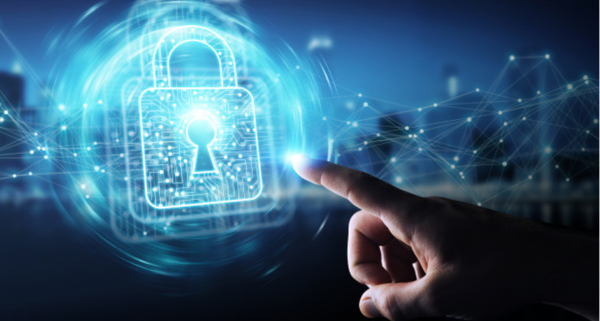Can a VPN Protect You from Hackers? How It Keeps You Secure – And How It Doesn’t
VPNs have entered the cybersecurity mainstream. Whether people initially wanted more protection for their personal data, higher security on public networks, or greater access to geo-restricted content, consumer VPN use is at an all-time high and set to continue its growth.
A rise in remote working has contributed to the recent surge. For example, at the beginning of the COVID-19 pandemic, VPN usage in the US alone increased by 124% in a single week.
There’s no question that the public is open and amenable to the idea of adding a VPN to their security toolkit, but is there a risk of overreliance on them? They can mask locations and protect communications from one point to another, but can they be relied upon by businesses and consumers alike to protect against direct attacks?
The answers, unsurprisingly, are both yes and no.
Hacker Protection with VPNs
Using a VPN to secure your internet connection can, at the very least, ensure that hackers have a hard time accessing your information.
One of the most common means of launching a direct, targeted attack is through the acquisition of the target’s IP address. Successfully breaching any security in place can potentially enable an attacker to access any devices on the same network. For domestic users, that can directly correlate with an increase in connected devices, from TVs and computers to even refrigerators and security cameras.
For businesses, the effects can be far worse. A single entry point into a secure network can be all that’s required to place malicious software or access sensitive information.
A VPN helps against these attacks by disguising the end-user’s IP address and routing it through another. A stealth VPN can pull off numerous techniques with anonymity in mind, and hiding IP addresses plays a key role. If a hacker launches an attack with the data at hand, they’ll only affect the computer that serves as the end-point of the secure connection. Those servers are often designed solely for use in these networks and are unrelated to the VPN owner’s data.
Most people with even fundamental technical expertise are familiar with the idea of using a VPN for protection on public networks. Wi-fi networks in coffee…

